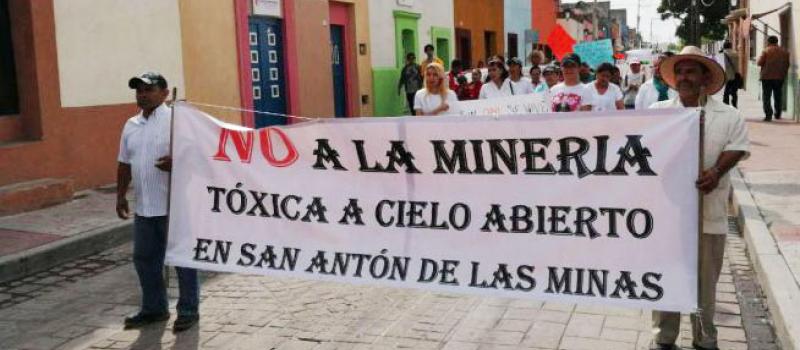
Despite unsuccessful efforts in the past, the Canadian corporation Argonaut Gold is once again seeking an environmental impact authorization to allow it to exploit its Cerro del Gallo open-pit toxic mining project in San Antón de las Minas, a community near Dolores Hidalgo.
In 2019, the federal Secretariat of the Environment and Natural Resources (SEMARNAT) rejected Argonaut Gold’s previous application following popular mobilizations and forums throughout the year organized by such organizations as the Coalición para la defensa de la Cuenca de la Independencia (CODICIN), the Centro de Desarrollo Agropecuario (CEDESA), the Hermandad de la Cuenca Independencia, the Red Mexicana de Afectados por la Minería (REMA), and Acción Colectiva Ambiental.
In June, 2019, CODICIN issued a denunciation pointing out that the mining project would greatly increase the already-existing environmental crisis and detailing their reasons for rejecting the project:
“...In the course of the last 60 years, extractivist projects have exhausted our mother earth, our forests have been cut down to the point of near extinction; more than 3,000 deep wells have been drilled which extract more than one billion cubic meters of water each year, 85% of which are used by industrial agriculture producing vegetables for export through the intensive use of agrochemicals, polluting land, air and water, to the detriment of all forms of life. This generates the following consequences:
- Soil deterioration: desertification processes, compacted, eroded and cracked soils, increase of pests in native vegetation and crops, which leads to the extinction of species.
- Overexploitation of the aquifer: in addition to the one billion cubic meters of water extracted each year, another billion cubic meters would be extracted to exploit the Cerro del Gallo mine, which would increase the degree of contamination of fossil water by a variety of minerals and chemical reagents (fluoride, arsenic, sodium, manganese, cyanide and sulfuric acid, among others).
- Irreversible damage to human health: all this causes irreversible damage to human health, including kidney failure, dental fluorosis, skeletal fluorosis, damage to neurotransmitters, different types of cancer, etc.
- Damage to pollinators: threatens the existence of pollinators, particularly bees, which provide 75% of pollination. Albert Einstein said, "Without pollinators we humans cannot survive more than four years."
- Exploitation of stone materials from rivers and streams: mainly affecting the Laja and San Damián rivers, with the excessive plundering of gravel and sand.
- Climate crisis: caused by all the aforementioned problems and mainly by extractivist megaprojects that prioritize economic interests such as agroexport and mining. Atypical rainfall, hotter days and prolonged droughts are occurring. It is predicted that over the years, these will intensify and prolong in our region, also intensifying our water problems.”
Also in June 2019, the Dolores Hidalgo City Council communicated its rejection due to the:
"...elimination of native fauna and flora of a considerable area of the municipal territory; the use of explosives to fragment the rock; the use of preparations with low concentrations of cyanide for leaching gold and silver minerals--a method that puts at risk the quality of surface water and, in the long term, the integrity of water tables."
According to an article in La Jornada on October 1, 2021:
“If this project were to become operational, the damage to the population and the environment would be catastrophic, directly affecting at least 8,000 people and about 700,000 people indirectly, due to the use of cyanide, a lethal poison that would generate soil and water contamination, killing fauna and flora, not only by the leaching of thousands of tons of minerals during its operation, but also by the inevitable spills of acid drainage into streams and the subterranean aquifer of the entire basin.”
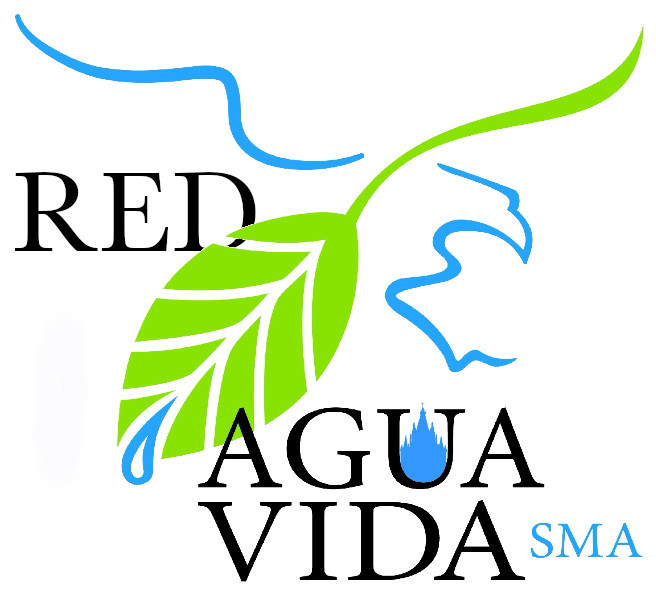
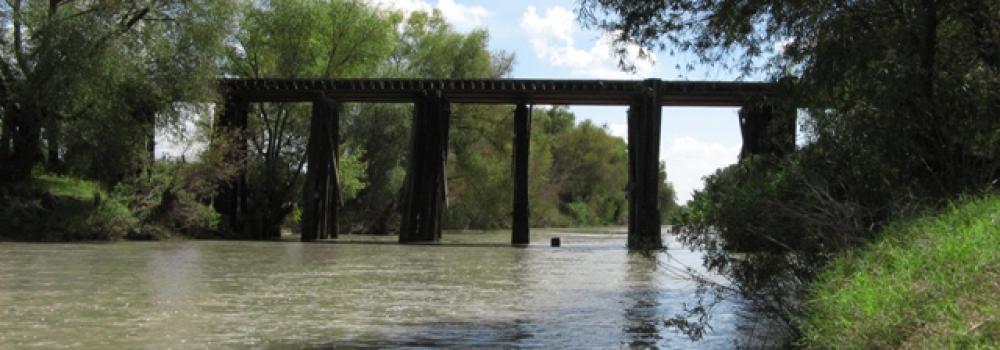
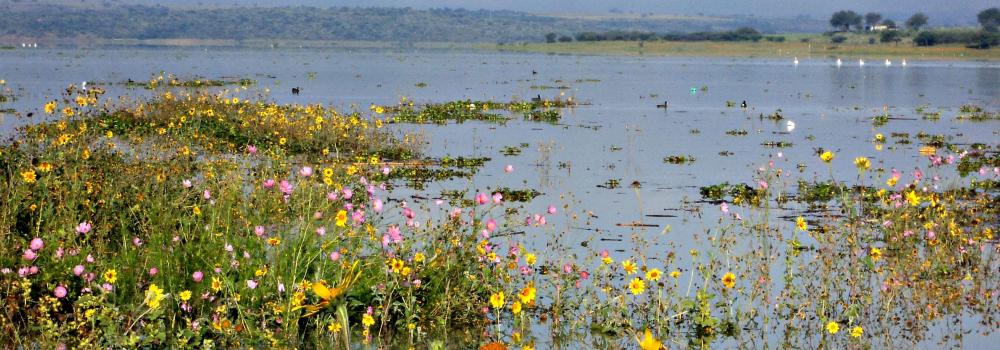

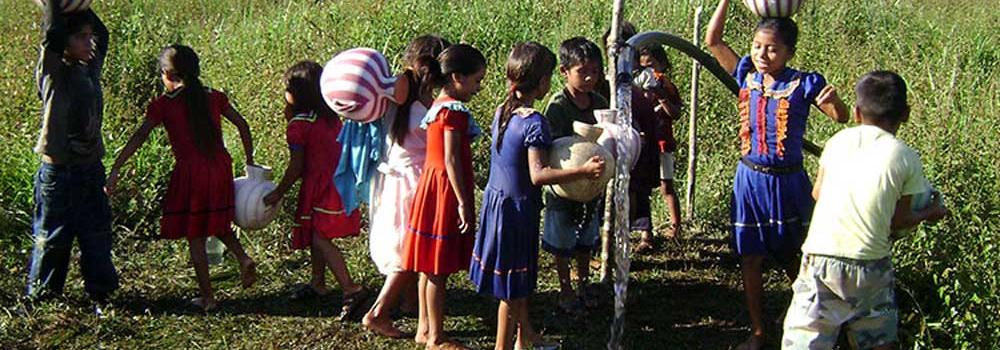

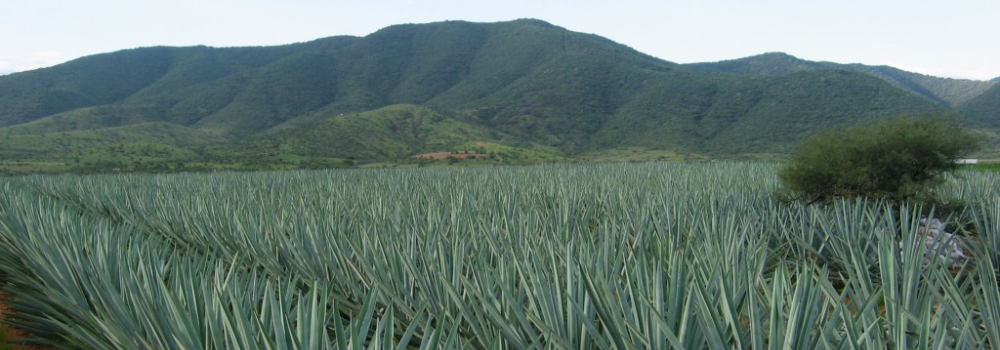

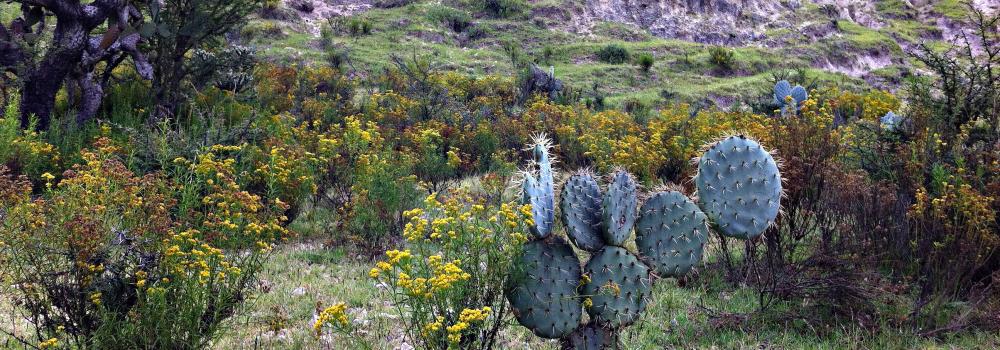
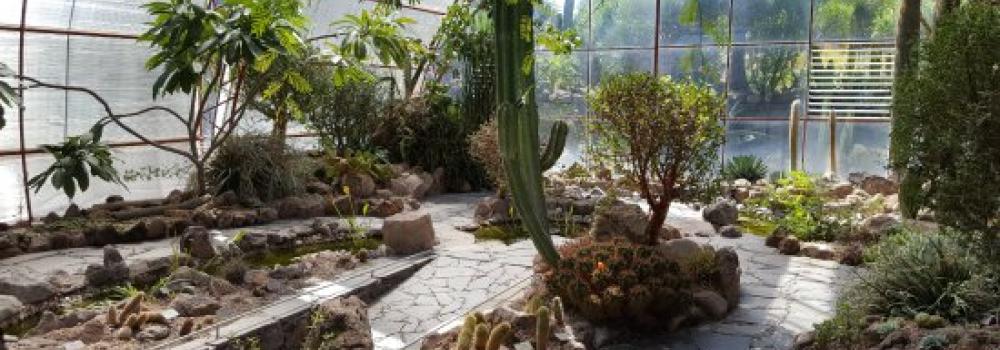
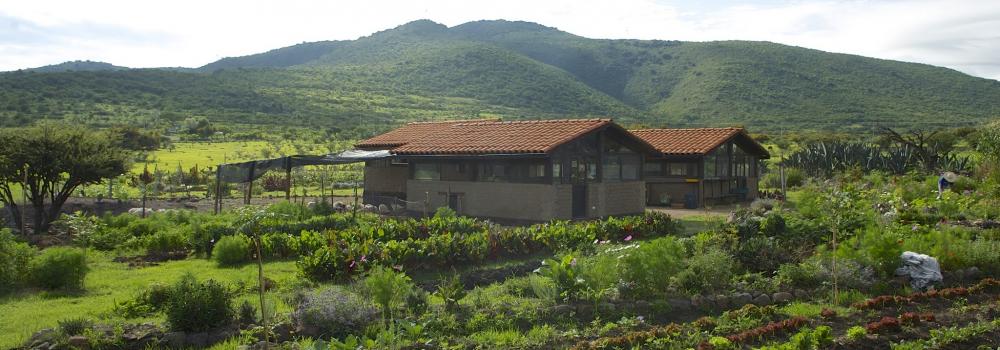
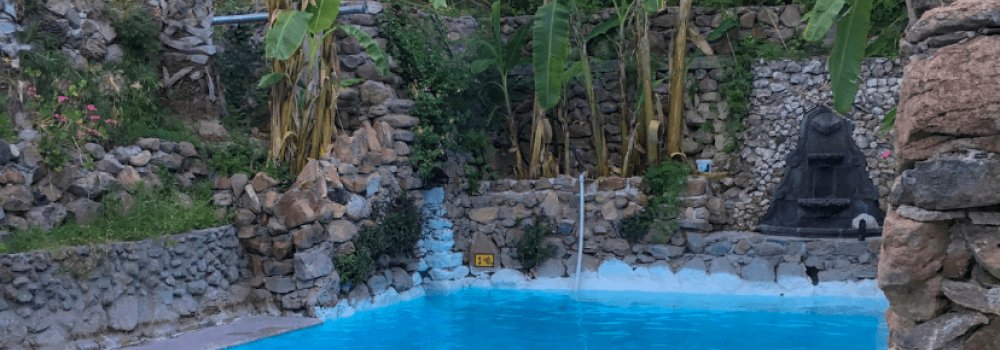
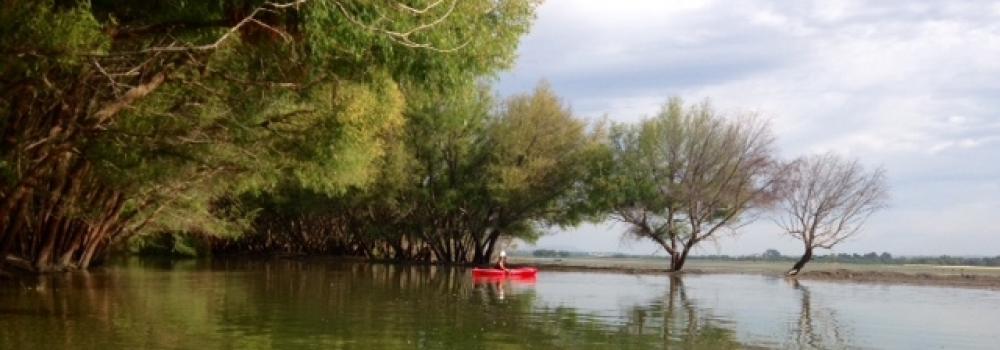
Add new comment